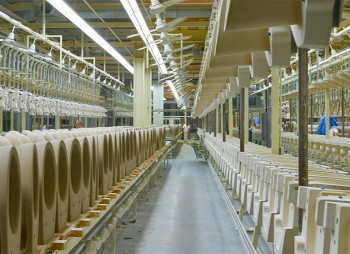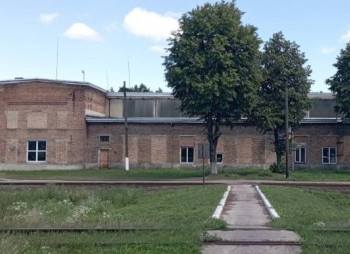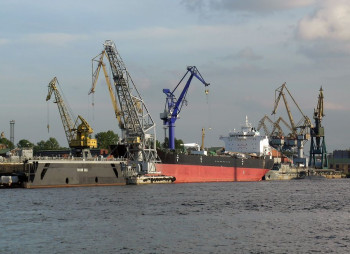Since the beginning of 2023, the State Property Fund (SPFU) has sold assets worth UAH 1.8 billion. By the end of the year, FMGU plans to surpass the pre-war record levels and sell state property for UAH 6 billion at the start of large-scale privatization. So far, only small-scale privatization assets have been sold.
The most expensive asset sold in the first half of 2023 is the Hermitage Hotel in the center of Kyiv. 39 bidders increased the starting price by almost 15 times, up to UAH 311 million.
Another significant sale this year is the Kiev Electronmash plant. Under the auction in May 2023, its cost amounted to UAH 121 million. However, the company managed to sell only on the third attempt. The previous two auctions for this asset ended with the result of UAH 970 mln. and 430 million hryvnia, but the winners did not pay both times.
The Electronmash case is not the only case. Since September 2022, the State Property Fund has announced in the Prozorro system. Sales of 440 auctions, of which 78, or 18%, were disrupted, the State Property Fund cites data.
Among the illustrative examples is the sale of the Belgorod-Dniester port. In March 2023, during the auction, the cost of the port increased 2.3 times to UAH 220 million. However, the winning company Ukrdoninvest, owned by businessman Vitaly Kropachev, refused to pay. Subsequent attempts to sell the port also failed due to a lack of bids. “In the process of negotiating the terms of the contract with the regional branch of the State Property Fund, disagreements arose that could not be resolved.”
There can be several reasons for the disruption of auctions:
- The state company is controlled by a shadow owner who is not interested in its privatization. He maximizes the privatization price, wins the tender, but ultimately refuses to pay. The government receives only a small guarantee fee.
- A small margin allows bidders to take risks and raise rates substantially. In case of victory, such a participant may change his mind and refuse privatization.
- Error or revaluation of the asset by the winner of the auction.
Disruption of auctions causes reputational damage to privatization, delays the sale of state property and slows down the development of the economy.






